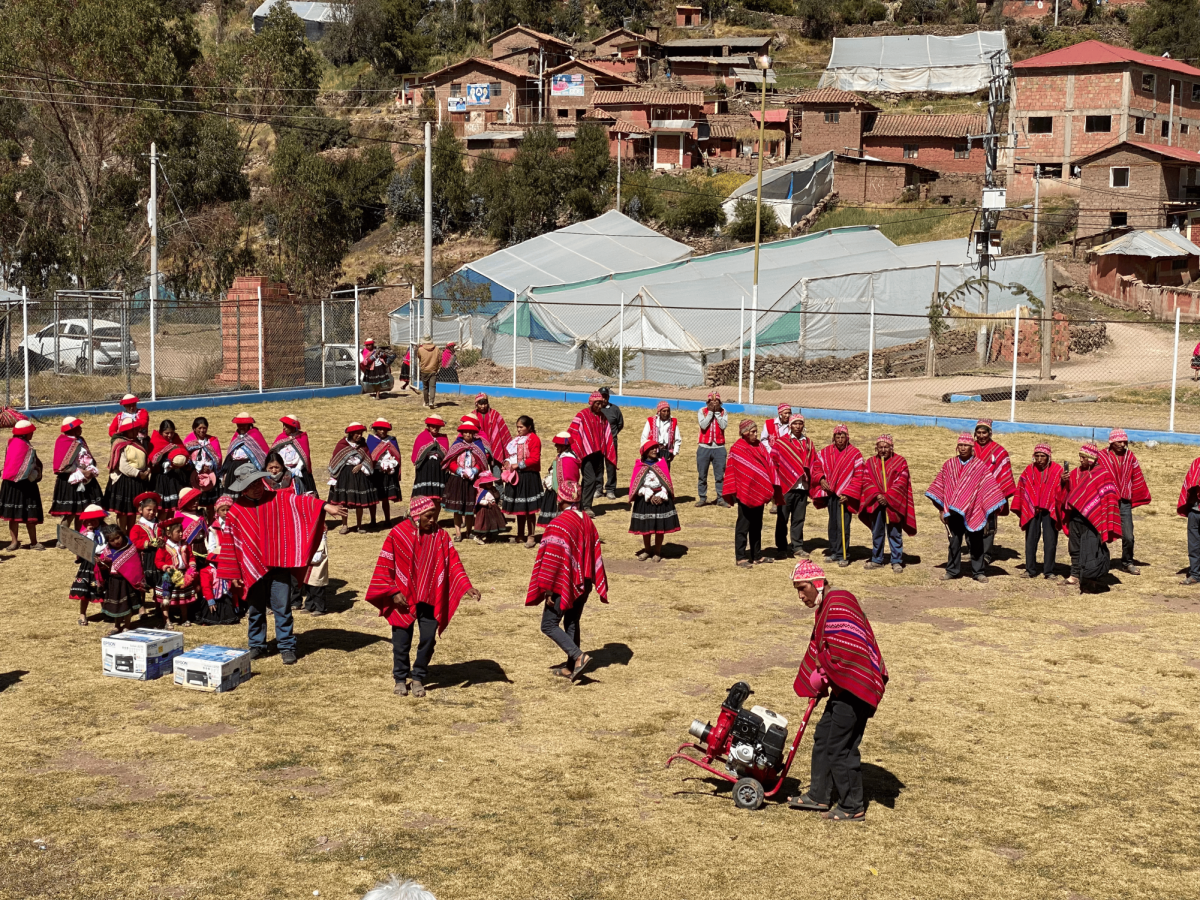On Feb. 23 2025, President Trump and his administration terminated 1,600 U.S. Agency for International Development (USAID) workers by placing them on administrative leave globally. The government also canceled all current USAID contracts.
USAID is the primary U.S. agency for extending assistance to countries recovering from disaster, escaping poverty and undergoing development and reform. The agency supported projects from more than 120 different countries. It worked to help prevent poverty and disease in developing countries.
On Jan. 25, 2025, the U.S. government instructed the agency World Relief to cease work under a grant agreement that provides support for recently arrived refugees in their resettlement. World Relief is a Christian humanitarian organization that was founded in the aftermath of World War II to develop sustainable and local solutions to world problems. Additionally, another notice informed them to cease work on many life-saving programs that they work with USAID to carry out around the world.
These changes align with the executive order delivered by President Trump on Jan. 20 2025 entitled, “Reevaluating and Realigned United States Foreign Aid.” The purpose of this executive order is to cease all foreign aid contrary to the America-First foreign aid policy of the President. These funding cuts are to help ensure that tax-payer dollars are used to help the U.S. in its development.
This raises a moral and ethical dilemma. The U.S. is a comparatively wealthy and prosperous country. It is a well developed and established country. As such, does the U.S. have an obligation or responsibility to help other countries who are less fortunate and developed?
Many feel that it is important to provide for and ensure the welfare of citizens of the U.S. before helping other countries. As there have been economic struggles since the COVID-19 pandemic in 2020, it makes sense to want to use government funds to help the growing financially unstable population within the U.S. “Of course we should take care of our own citizens before helping others, but the two are not mutually exclusive. We can take care of ourselves and still care for others,” shared senior Lauren Lundie. “Humanitarian efforts are not infringing on the ability of the US to provide for its own citizens.”
The U.S. doesn’t necessarily need to choose between their citizens and sharing their resources. “The U.S. spends less than 1% of its national budget on foreign aid and is still the largest contributor internationally. Nonprofits, governments and other organizations rely on the U.S. to provide aid that improves the lives of people everywhere. Without it, countless people suffer,” continued Lundie.
Further, various countries are in positions of underdevelopment due to political instability, civil unrest as well as previous exploitation by other countries. “While the U.S. is not directly responsible for these circumstances, it is in all nations’ best interests for developed countries to distribute aid and contribute to global industrialization and political development,” said senior Tanya Rastogi. While the funding distributed by the government for agencies such as USAID is kind and generous, the ultimate purpose of this humanitarian aid is for the benefit of the U.S.
USAID was founded in the early 1960s. This was a time beginning in the Cold War and the end of WWII. This resulted in the creation of the Universal Declaration of Human Rights (UDHR). It declared the importance of defending and protecting unalienable rights for all people. In light of these events, President John F. Kennedy called for the creation of this agency to defend U.S. national security.
The role of USAID in advancing both humanitarian goals and U.S. interests has been a subject of discussion among experts. “For this reason, USAID was created to both make the world a better place and protect U.S. national security and economic interests through the exportation of democracy and improving the view of the U.S. in the eyes of others around the world, which is called “soft power” The work that USAID did has had immense impacts on U.S. foreign policy for decades. Every single penny spent by USAID is required by Congress to be tied directly to U.S. interests,” explained Quad Cities based humanitarian aid worker, Jaquie Cutts.
Cutts also shared about her work in Uganda with USAID. Here she saw the life-saving impact of USAID funding. This funding provided 40% of the hospital’s expenses. Since having this funding revoked, the hospital is struggling to find the support they need. They are in need of more surgical, sterilization and sanitization equipment than they have. The impacts of these funding cuts will affect the lives of real people all around the world, including the U.S.
Not only will people’s health be impacted, the economy on a global stage will likely suffer. There will be a large group of unemployment both from the USAID lay-offs as well as those employed by organizations that receive USAID funding.
Additionally, different globalized issues such as political conflict and disease outbreaks are more likely to commonly occur. While it may seem helpful to dismantle USAID and allow all countries to care for themselves, it can ultimately create more problems in which the U.S. would need to intervene.
In an increasingly globalized world, decisions of governments around the world are going to impact more than just their country. They will have global effects for better or for worse. Rescinding funding will lead to a loss of U.S. support in the world and lead to changing political dynamics globally.
“As human beings, we need to recognize that everyone, regardless of what country they’re in, is a person. As people, we should be aiming for the health, safety and well-being of everyone on this planet,” concluded Lundie. Due to the extreme adverse effects of fund removal, the U.S. government should consider what will best benefit people rather than political agendas.









